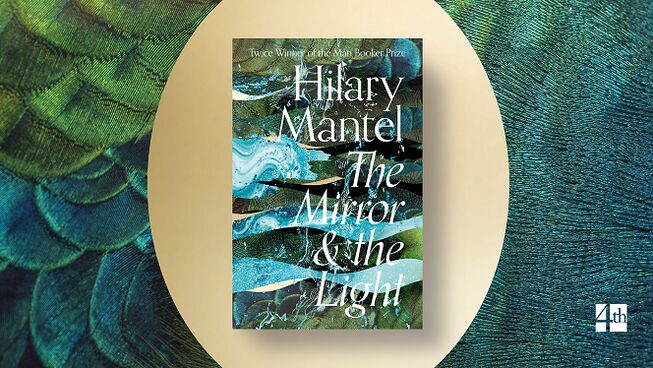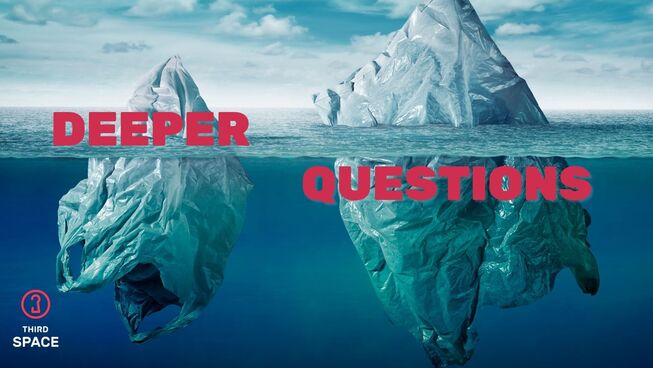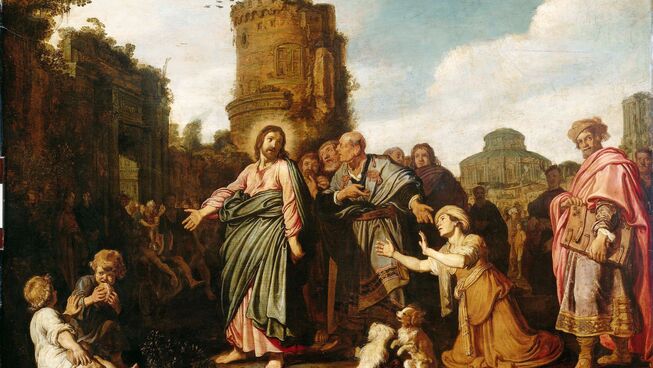The horror of the reformation

“Your Majesty is the only prince. The mirror and the light of other kings.” Henry repeats the phrase, as if cherishing it: the mirror and the light.
Hilary Mantel has, at long last, published the last instalment of her Wolf Hall series, to great acclaim but rather mixed reviews. Having read Tudor history and historical fiction since my teens, Mantel’s novels are extraordinarily satisfying. If you are familiar with Henry VIII’s departure from the roman catholic church and his checkered married state, then Mantel’s series adds visceral detail, revealing the messy underbelly of the protestant reformation of the 16th Century, from the perspective of Thomas Cromwell.
To evangelical Christians, the protestant reformation represents significant emancipation and justice. Corrupt practises such as indulgences were finally exposed as revenue raisers, the Latin mass was exposed as elitist and the bible began to be printed in German, English, French and Italian.
Otto Bismark has been attributed as the source of the quote
“ if you like laws and sausages, don’t watch them being made”
The same is true of the reformation. Whilst we annually rejoice in the bible being translated into the language of the “plough-boy”, it’s distasteful to see the machinations of Cromwell forwarding the cause of the reformation and commissioning an English bible. While the reformation is at its heart a work of the Holy Spirit, bringing people back to the scriptures and away from corrupt religious authority, it was also a battle between two warring political tribes, the catholics and the protestants.
We must also remember that the daughters of powerful families on both sides were used as pawns to control a selfish and capricious King. The war was fought less from the pulpit, and more from the bedroom. Henry’s narcissistic perception gradually overwhelms any devotion to God, the English people, his (ever changing) spouse(s) and even the faithful servant who devoted his life to his every whim, Cromwell.
While these events took place over 400 hundred years ago, they foreshadow the tribalism in the public square today. Instead of fighting about whether we should “cancel” and remove markers of history, or change definitions of gender, the debate was about whether the bread and the wine truly become the body and blood of Jesus, or whether the bible should be in Latin or English. Except in those days, it was not just your job or reputation on the line, but your very life. History teaches us that even in the midst of the horror of corrupt leadership, poor motivations and evil intent, God’s will is done, and we have the bible and the freedom of worship to prove it.
The Mirror and the Light progresses at a more frenetic pace from the first two novels. Book one in the series, Wolf Hall, plots the rise of working class ex-soldier and money-lender, Thomas Cromwell to King Henry’s indispensable number two. His rise is inextricably linked to the discarding of Katherine of Aragon for Henry’s mistress and eventual Queen, protestant Anne Boleyn. Book two, Bring up the Bodies, plots the witch hunt against Anne’s most likely non-existent lovers and her death by french executioner. In life and in death, ever fashionably french.
Book three, The Mirror and the Light begins where the previous book left off, with Cromwell planning his breakfast while Anne’s ladies in waiting avoid slipping on her entrails. The book continues through the swift crowning of catholic Jane Seymour, her successful production of a male heir, and death shortly afterwards - before ending with Cromwell waiting for his own execution for the sin of setting Henry up with the protestant Anne of Cleves.
Cromwell is a fascinating subject, both a brilliant economist and financier and closet theologian, reading every reformation title he can secrete in his home. He cleverly orchestrates the dissolving of the monasteries at alarming speed, before Henry can be swayed back towards his catholic roots when Jane Seymour replaces Anne Boleyn. His insightful and witty interior monologue continues in a dry rhythm, a comforting constant amidst the chaos. While he sits in the damp and cold tower to await his fate, he wryly considers offering to arrange his own death, after all, he would do the best job of it.
Cromwell’s enigmatic identity is illuminated in a number of interactions, he calculates the cost of a lady’s furs in the seconds it takes to be introduced, his fool remarks that he cannot impersonate him because he avoids all noticeable characteristics and the folkloric tales of peasants reveal him as a kind of Tudor bogeyman. Cromwell is simultaneously villain, hero and helper, both prominent and invisible.
Cromwell takes the role of faithful servant and strategically brilliant project manager of the economic technicalities of the reformation, using the King’s weakness towards wealth, clothing and beautiful girls. The survivor of an abusive home, he is able to conceal his emotions with the aplomb of a man experienced with handling bullies. He is a manager par excellence, yet his desire for power occasionally rises to the surface - “make me regent” he begs internally one day when Henry falters, feeling his heart beat faster.
Did Cromwell have a genuine faith but expressed it in a flawed way? Or was he merely carried by the social egalitarian principles of the reformation and desired to reduce the divide between rich and poor? After all, he was a Blacksmith’s son, who rose on the basis of his keen mind to a high echelon of court. He encouraged his own household, even down to his servants, to be educated, encouraging both literacy and numeracy with patience.
Spoiler alert, Cromwell’s kangaroo court and execution is arranged with the same precision as once he would have done for other “traitors”, very shortly after he achieved the title of Earl. Yet in a kind of merciful irony, his lands and properties became the possession of Anne of Cleves, to settle the annullment of her unfortunate marriage to the King. In this way Cromwell provides posthumously for Anne, who outlived Henry and his two final wives, and even saw the crowning of Mary, daughter of Katherine of Aragon.
The Mirror and the Light reminds us that flawed leaders, managers and agendas can be used by God to achieve good ends, which is a great comfort in the chaotic times we find ourselves in.





